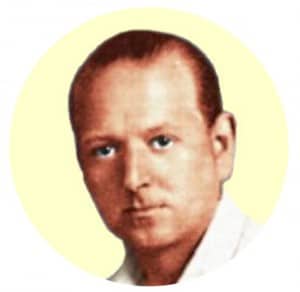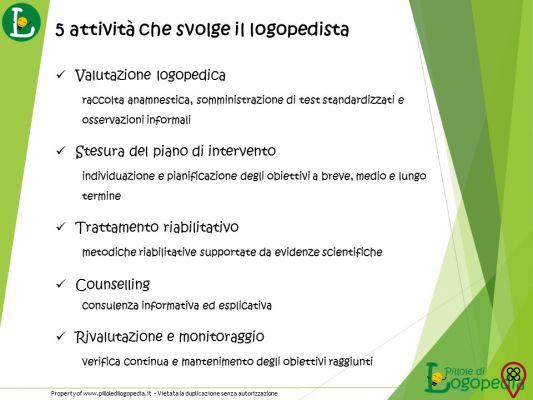He became a Pathologist, Bacteriologist and Homeopath of excellent reputation, developing the vaccines to this day known as the “Bach Intestinal Nosodes”.
A respected professional at the time, he lived with his office full, but he was not satisfied with conventional medical treatments, and was incessantly looking for a healing method that did not have side effects. He found in Homeopathy a path that met his quests, but he wanted to go further, he was looking to develop a plant-based system, totally natural and without the risk of overdosing.
More than that, with an intuitive and sensitive personality, he was looking for a method that would heal emotional wounds, and balance the mental/psychological with the physical. In his view, health would be a natural consequence of a process of self-knowledge and internal balance of the individual.
 In addition to his research and discoveries, Dr. Bach left us the legacy of his own life trajectory: at the age of 31, after a period of exhausting and unlimited work he had a stomach hemorrhage and had to be operated on; his medical colleagues gave him a maximum of three months to live. But he did not surrender to the diagnosis – as soon as he improved a little, he restarted his research, taken by the urgency of time and health.
In addition to his research and discoveries, Dr. Bach left us the legacy of his own life trajectory: at the age of 31, after a period of exhausting and unlimited work he had a stomach hemorrhage and had to be operated on; his medical colleagues gave him a maximum of three months to live. But he did not surrender to the diagnosis – as soon as he improved a little, he restarted his research, taken by the urgency of time and health.
He worked tirelessly day and night, and he noticed that his health was improving, and he was getting stronger every day. He became known as "A light that never goes out", as the lights of his office on Harley Street in London were lit all night, with Dr. Bach poring over his research.
He realized that seeking a real vocation is essential for physical and spiritual health, and that's exactly what it did.
Dr. Bach was by essence an observer of human behavior. His experience and the exercise of the profession in London society led him to important insights, such as:
– He noticed that the same treatment he applied to people with the same disease, worked for some, and not for others;
– Observing the guests at a party, he noticed that people with the same disease showed different behaviors, some were irritated, others depressed, or showed fear, indifference, etc.;
– People with the same type of behavior would not necessarily have the same diseases, but would react in the same way to any disease they had;
– Then he began to separate the sick into groups, by the similarity of their behavior, and not by the similarity of the physical illness, and he began to treat each group with different remedies, with incredible results.
Until one day he realized that he needed to dedicate himself full time to his personal life project. She left the practice and the success of her clinic in London and returned to her country of origin – Wales – where she “discovered” the first florals – Mimulus and Impatiens. At the age of 43, in 1930, he decided to abandon everything and go to the countryside of England to seek his remedies in Nature.
Symptomatic and revealing was the moment when he arrived in Wales, and realized that instead of the suitcase with all scientific research material, he had “by mistake” brought only a suitcase full of shoes... and concluded that truly would be all he was going to do. need for the coming years of your research.
It was in one of these wanderings that he had the insight on how to extract the medicinal virtues of flowers, collecting the first drops of dew that landed on the petals of the flowers, and on which the morning sun's rays fell.
And so, Dr. Bach lived another 19 years, until he fulfilled his mission on the earth plane, discovering and cataloging the 39 Bach Flower Remedies, and died a year after his research ended.
The story of this Master brings me some lessons, for example, that we came here with a greater purpose, and that health is the result of an inner balance. As Dr. Bach wrote: “In essence, illness is the result of conflict between the Soul and the Mind, and it will never be eradicated except through mental and spiritual efforts. . . . No effort aimed only at the body can do more than superficially repair this damage, and in that there is no cure.”*

(*) in BACH, Edward – Dr Bach's Flower Remedies, Pensamento 2006
In the next article, learn more about this philosophy and how Bach Flower Remedies work, I hope you!!

























